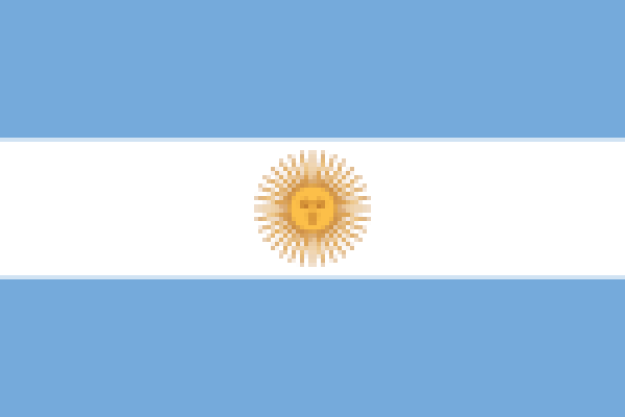
At the invitation of the Chairman of the External Relations Committee of the Chamber of Deputies of the Argentine National Congress —H.E. Mr Jorge Martín Arturo Argüello—, the Director-General of the Organisation for the Prohibition of Chemical Weapons (OPCW) —Ambassador Rogelio Pfirter— addressed several parliamentary commissions and a special plenary session of the Argentine Parliament on 11 April 2007.
During his visit, Director-General Pfirter briefed the Chairpersons of the Parliamentary Commissions now considering the current version of the draft bill, authorizing the legislation to ensure that the Chemical Weapons Convention (CWC) can be applied in full, effectively and comprehensively at the national level.
The Director-General’s meetings with the Parliamentary Commissions for External Relations, Defence, Budget, Trade, Industry, Legislation, as well as Science and Technology, focussed on the crucial role each Member State plays in determining the ultimate success of the global chemical weapons ban. He stressed that legislators’ development of comprehensive legislation establishes the legal and administrative basis upon which the ban’s jurisdiction can be extended to include all nationals and groups within every Member State.
Following these individual meetings, Director-General Pfirter addressed a specially convened plenary session of the Argentine Parliament. The plenary provided its final approval for the draft bill, which is expected to be placed before the Chamber of Deputies for its consent shortly, whereupon it will then become law.
As foreseen by the CWC, national implementing legislation is a key element in preventing the spread and use of chemical weapons. Through national legislation, the OPCW National Authority is mandated to acquire the needed information to submit obligatory declarations of relevant chemical industrial activity, to escort OPCW on-site inspections, and to enforce the CWC’s stipulations on the international transfer of certain chemicals. At the same time, national implementing legislation ensures that any breach of the CWC can be detected, pursued, and prosecuted, leading to the imposition of severe penalties for person or group found guilty of such a crime. The OPCW National Authority cooperates with fellow Member States’ National Authorities and the OPCW Technical Secretariat to support the CWC’s global application.
PR28 / 2007
